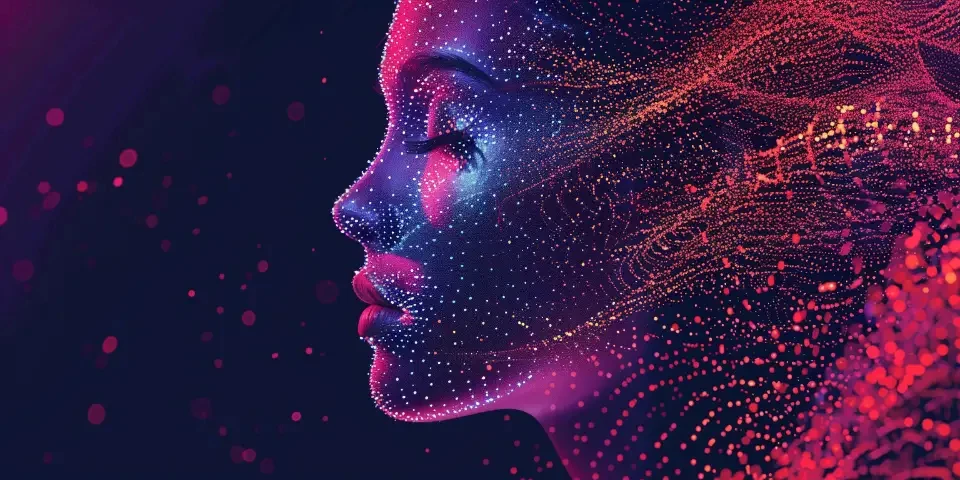Unveiling the Power of AI in Enhanced Healthcare Solutions
The rapid advancements in artificial intelligence (AI) have opened up new avenues for improving healthcare solutions. With its ability to analyze vast amounts of data and identify patterns and insights, AI has the potential to revolutionize the way medical professionals diagnose and treat diseases. In this article, we will explore the power of AI in healthcare and examine how it is transforming the industry.
1. Early Detection and Diagnosis
AI algorithms can analyze medical images, such as X-rays and MRIs, to detect early signs of diseases like cancer. This enables doctors to identify and treat conditions at an early stage, significantly improving patient outcomes.

Frequently Asked Question: How accurate is AI in detecting diseases from medical images?
Answer: Studies have shown that AI algorithms can achieve accuracy rates comparable to or even surpassing human experts in detecting certain diseases.
2. Personalized Treatment Plans
AI systems can analyze vast amounts of patient data, including medical records, genetic information, and lifestyle data, to develop personalized treatment plans. This ensures that each patient receives the most effective and targeted care based on their unique characteristics.
Frequently Asked Question: Can AI help in developing personalized medication?
Answer: Yes, AI algorithms can analyze genetic information and drug response data to personalize medication choices and dosing, improving treatment outcomes.
3. Virtual Assistants and Chatbots
Virtual assistants powered by AI, such as chatbots, enhance patient engagement and provide round-the-clock support. They can answer common medical questions, schedule appointments, and provide basic healthcare advice, reducing the burden on healthcare professionals.
Frequently Asked Question: Are chatbots reliable when it comes to answering medical queries?
Answer: Chatbots are designed to provide accurate information based on predefined algorithms. However, complex and critical medical queries should always be directed to healthcare professionals.
4. Predictive Analytics for Disease Outbreaks
AI algorithms can analyze various data sources, including social media feeds and web searches, to predict disease outbreaks. This enables early intervention and public health measures to prevent the spread of diseases.
Frequently Asked Question: How accurate are AI predictions for disease outbreaks?
Answer: AI predictions for disease outbreaks have shown promising results, but it is essential to combine them with other surveillance methods for accurate results.
5. Telemedicine and Remote Monitoring
AI-powered telemedicine platforms enable remote consultations and monitoring, especially useful for patients in remote areas and those with limited mobility. These platforms leverage AI to analyze patient data remotely, providing timely and accurate insights to healthcare professionals.
Frequently Asked Question: Can AI replace in-person doctor visits?
Answer: While AI-powered telemedicine platforms offer convenience and remote monitoring, they cannot entirely replace in-person doctor visits, especially for complex conditions that require physical examination.
6. Robotics-Assisted Surgeries
AI algorithms aid surgeons during complex procedures by offering real-time guidance and recommendations. Robots equipped with AI can perform highly precise movements, minimizing the risk of errors and improving surgical outcomes.
Frequently Asked Question: Are robots replacing human surgeons?
Answer: Robots are not replacing human surgeons but are assisting them during surgeries, enhancing precision and efficiency. Human expertise is still crucial in decision-making and overseeing the procedure.
7. Drug Discovery and Development
AI algorithms can expedite the drug discovery process by analyzing large datasets and predicting the effectiveness of potential compounds. This accelerates the development of new medications and treatment options.
Frequently Asked Question: Can AI replace traditional drug discovery methods?
Answer: AI complements traditional drug discovery methods, enabling faster and more efficient screening of potential compounds. However, human expertise is still critical in validating and testing the results.
8. Enhancing Healthcare Operations
AI-powered systems can optimize hospital operations by predicting patient flow, managing inventory, and automating administrative tasks. This improves efficiency, reduces costs, and enables healthcare professionals to focus more on patient care.
Frequently Asked Question: Can AI systems replace healthcare administrative staff?
Answer: AI systems can automate certain administrative tasks, but human staff are still necessary for complex decision-making, communication, and managing exceptional cases.
Conclusion
The power of AI in healthcare is undeniable. From early detection and diagnosis to personalized treatment plans and improved healthcare operations, AI is transforming the industry for the better. As technology continues to advance, we can expect even more innovative solutions and progress in delivering enhanced healthcare to individuals around the world.
Explore your companion in WeMate